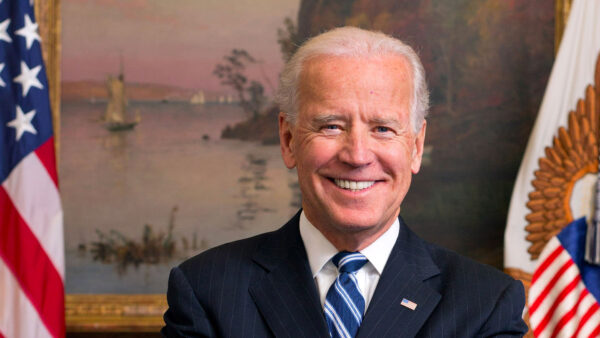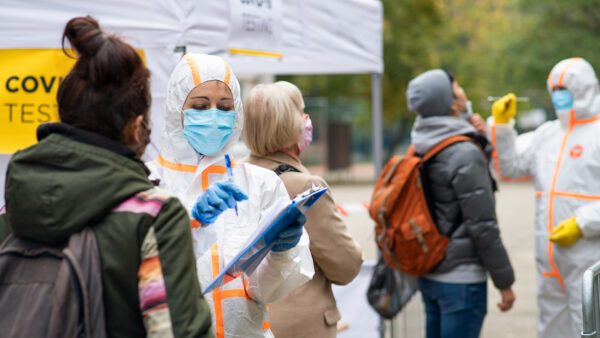World leaders come together to focus on the planetary emergency at UNEA meeting
An unprecedented 153 countries came together for the virtual and fifth session of the UN Environment Assembly (UNEA) as they approved the UNEP’s new Medium-Term Strategy (MTS) which focuses on driving sustainable development in a meeting in February.
With the world running out of time to tackle the devastating effects of climate change, biodiversity loss and mass pollution, world leaders were stressing the importance of addressing the situation now, or risk irreversable damage which will effect the Earth and its economies, communities and lives of all that exist within it.
In what could be one of the most important sessions for the UNEA of all time, world leaders looked to have made vital steps forward in the fight against climate change. This could trigger progress towards achieving Sustainable Development Goal 13 (Climate Action) through collaborativee efforts to reverse its effects.
One of the most notable leaders to give an address was Kenyan President Uhuru Kenyatta, who said to the Assembly: “It is increasingly evident that environmental crises are part of the journey ahead. Wildfires, hurricanes, high temperature records, unprecedented winter chills, plagues of locusts, floods and droughts, have become so common place that they do not always make the headlines. These increasing adverse weather and climatic occurrences sound a warning bell that calls on us to attend to the three planetary crises that threaten our collective future: the climate crisis, the biodiversity and nature crisis, and the pollution and waste crisis.”
Also in attendence were several guests of honour, including Indian environmental activist Afroz Shah, who has been honoured by the UN Environment Programme as a Champion of the Earth. He addressed the world leaders on the importance of turning words into action and that collaboration is crucial if we are to redress the planetary balance for generations to come.
He said, “The problem is our rights are weighing too heavy on the rights of the other species. This delicate balance will have to tilt in the favour of other species and that is the key.”
The countries agreed to endorse MTS for the next four years, which will allow the UNEP to remain focused on climate change, biodiversity loss and pollution. With the Earth now entering a critical stage with man adverse weather conditions and rising tempreatures, this could prove to be a major milestone.
In addition, an agreement was also reached to establish trust funds for the revolving fund activities of the Bamako Convention, the Faith for Earth Coalition, and the UNEP Financial Services Initiative while funds will also be extended for the Adaptation Fund Board, the African Ministerial Conference on the Environment, Climate and Clean Air Coalition to Reduce Short-lived Climate Pollutants, UNEP’s Implementation of the Ecosystem Based Adaptation, and trust funds in support of regional seas programmes, conventions, protocols, and special funds.
The Assembly will resume its fifth session again in-person in Nairobi, Kenya from 28th February – 4th March 2022. However, eyes will now turn towards this year’s COP26 conference in Glasgow Scotland in November. This will look to carry on the positive momentum made at UNEA and will bring parties together to accelerate action towards the goals of the Paris Agreement and the UN Framework Convention on Climate Change.










